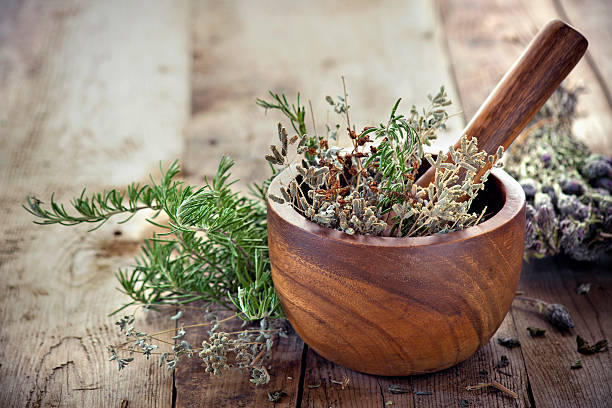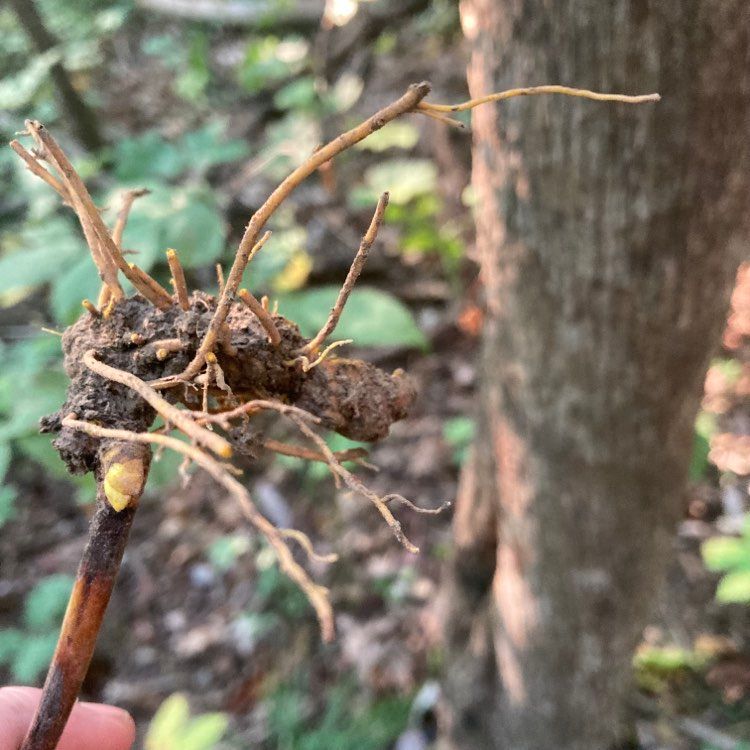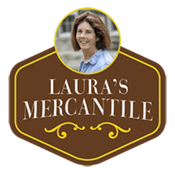Herbal medicine is the use of plants and plant extracts to treat injuries or disease. Many modern medicines were originally extracted from plant sources. Today, herbal medicine referred to as “alternative,” but for thousands of years, the vast majority of human history, all medicine was herbal medicine. The recognized “pharmacopoeia” of the United States of America, or any place, was made up of plants which had been observed in practice, often for generations, by medicine-makers and healers in a family line or community. Today, the American Herbal Pharmacopoeia studies and describes this information for a broad audience. Herbal medicines correlate with pharmaceutical categories of use– soothing coughs, reducing inflammation, cleansing the blood or lymphatic system, reducing virus or bacteria load, amplifying immune response, dilating blood vessels or airways– herbal medicines do it all.

One key difference between herbal medicines and pharmaceuticals is that herbal medicines tend (not always, but again, its a tendency) to work more gently. They might build up in a body system more slowly. Herbal medicines have a ‘full-spectrum’ quality. A given plant material contains many many compounds, and multiple compounds work together and modulate each other and the body at the cellular level to act, while pharmaceuticals tend to isolate (and patent) one specific active compound and then deliver it to the body in a concentrated way. Herbal medicines, according to some schools of thought, have seven main modes of action: adaptogen, alterative, aromatic, astringent, bitter, nervine, carminative, and demulcent.

Another reason to learn more about herbal medicines is that it allows us to find our medicine directly from the plants around us, rather than depending on for-profit corporations who synthesize the compounds and market them. Becoming acquainted with herbal medicines allows us to collaborate directly with the land for our health and as we depend on plants and the land, we find reason to protect the land which nurtures us and future generations. Groups like United Plant Savers work at this intersection between use and protection of medicinal plants (and fungi!) in their wild habitats. Herbal medicine gives us the opportunity to exercise health sovereignty, “the ability to choose… practical, reliable, and contextually relevant health care options.” as described here by The International Society of Ethnobiology.


